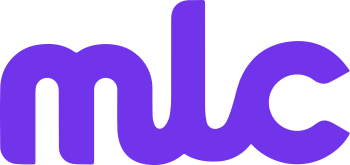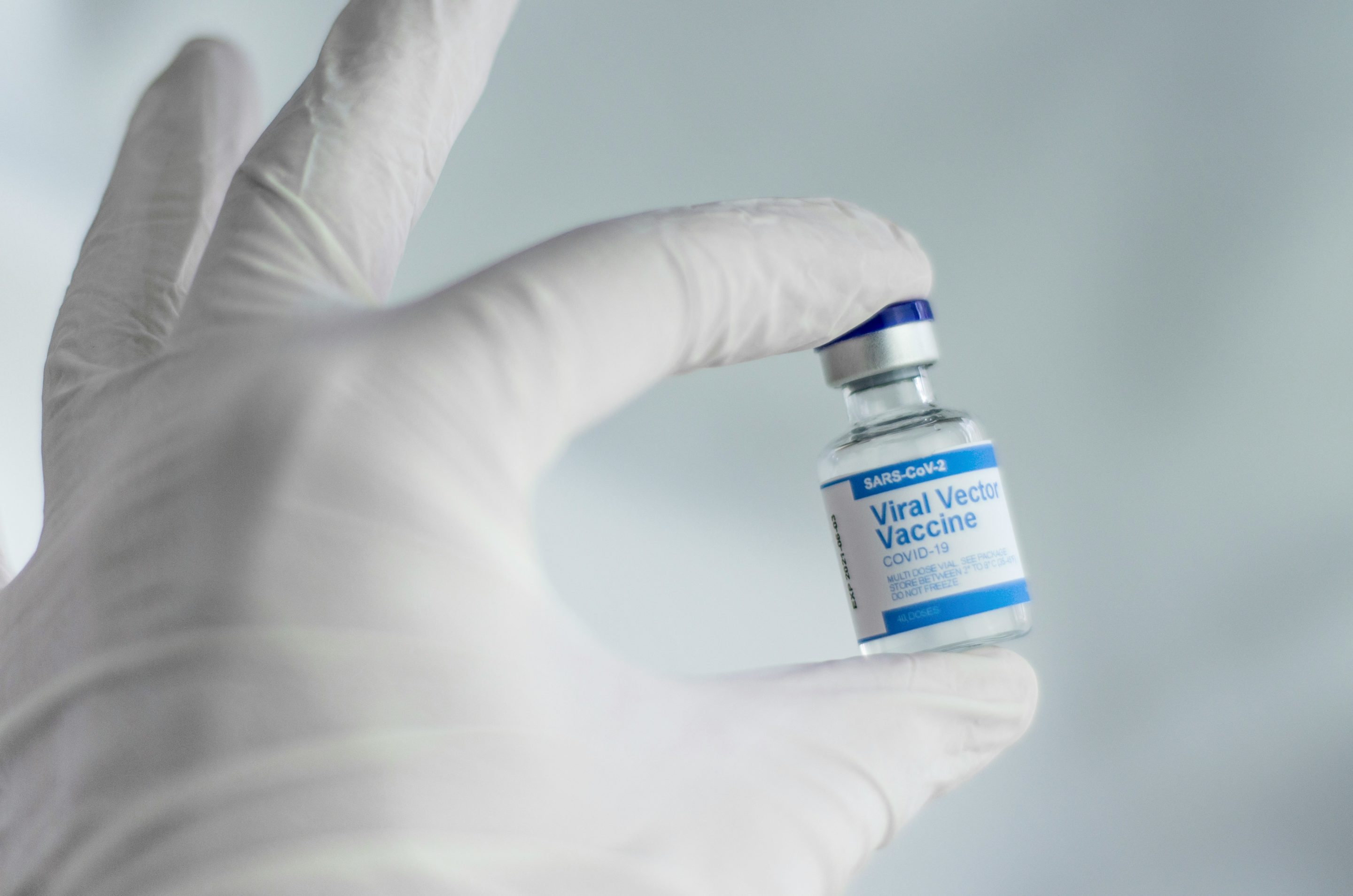What are the Qualities of Pharmaceutical Translation Services?
Pharmaceutical translation services play a critical role in the healthcare sector, ensuring that essential documents and information are accurately conveyed across different languages and cultures. These services are indispensable for pharmaceutical companies, drug manufacturers, and healthcare professionals who need to navigate regulatory compliance and communicate effectively with patients and stakeholders worldwide. The following are the key qualities that define high-quality pharmaceutical translation services.
1. Accuracy and Precision
The most fundamental quality of pharmaceutical translation services is accuracy. Given the life-or-death nature of the pharmaceutical industry, even the smallest error can have severe consequences. Accurate translation is essential for patient information leaflets, informed consent forms, and clinical trial documents. Professional pharmaceutical translation services must ensure that every term, dosage, and instruction is translated with precision, leaving no room for misinterpretation. This accuracy is vital not only for patient safety but also for maintaining regulatory compliance in international markets.
2. Expert Knowledge in the Pharmaceutical Industry
Pharmaceutical translation is a specialised field that requires more than just language proficiency. Translators must have in-depth knowledge of pharmaceutical products, medical terminology, and the regulatory landscape. Understanding the nuances of the target language and the specific requirements of each document, whether it’s marketing materials or clinical trial results, is essential. Services for the pharmaceutical industry should only employ translators with expertise in the field to ensure the translation is both accurate and contextually appropriate.
3. Cultural Sensitivity and Adaptation
Effective communication in the pharmaceutical industry goes beyond translating words; it requires an understanding of the cultural context of the target audience. High-quality translations consider cultural differences, ensuring that the message resonates appropriately with healthcare professionals, patients, and regulators in the target language. This cultural adaptation is particularly crucial when translating marketing materials or patient information leaflets, where the tone, imagery, and messaging must be localised to suit the target audience.
4. Regulatory Compliance
Regulatory compliance is a non-negotiable aspect of pharmaceutical translation. Different countries have strict guidelines and requirements for pharmaceutical documents, and any non-compliance can result in delays, fines, or even legal repercussions. Professional pharmaceutical translation services must be well-versed in the regulatory standards of each target market, ensuring that all translated documents meet the necessary legal requirements. This includes everything from the terminology used to the formatting and structure of the documents.
5. Confidentiality and Data Security
The pharmaceutical industry handles highly sensitive and confidential information, from clinical trial results to patient data. Pharmaceutical translation services must prioritise data security, employing robust encryption methods and confidentiality agreements to protect client information. This is crucial for maintaining trust and ensuring that proprietary information does not fall into the wrong hands.
6. Native Language Expertise
Translating into the native language of the target market is a standard practice in pharmaceutical translation services. Native language translators not only ensure linguistic accuracy but also bring a deep understanding of local dialects, cultural norms, and industry-specific jargon. This expertise is particularly important when translating informed consent forms or patient information leaflets, where clarity and understanding are paramount.
7. Efficiency and Timeliness
The pharmaceutical industry operates on tight deadlines, particularly during the development and approval stages of a pharmaceutical drug. Translation projects must therefore be completed efficiently without compromising on quality. Professional pharmaceutical translation services should have streamlined processes in place to manage large volumes of work while ensuring high-quality translations are delivered on time.
In closing
The qualities of pharmaceutical translation services are underpinned by accuracy, expertise, cultural sensitivity, regulatory compliance, and security. These services play a critical role in overcoming language barriers, ensuring effective communication across global markets, and safeguarding patient safety. As the pharmaceutical industry continues to expand globally, the demand for high-quality pharmaceutical translation services will only increase.
For more information on translation services for the pharmaceutical industry, visit My Language Connection Ltd.

